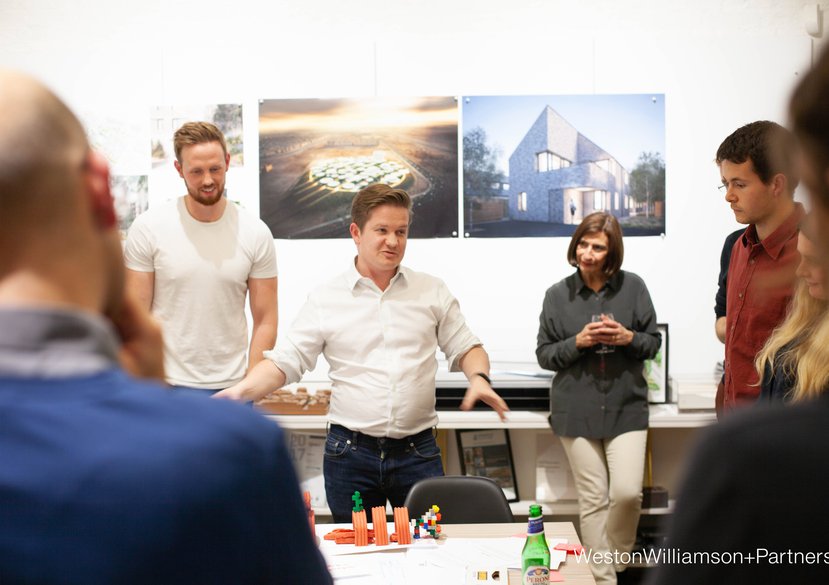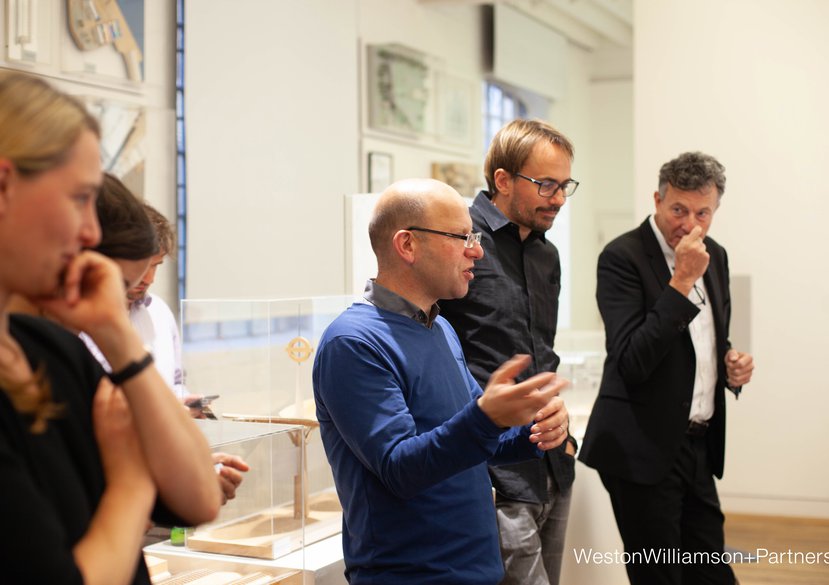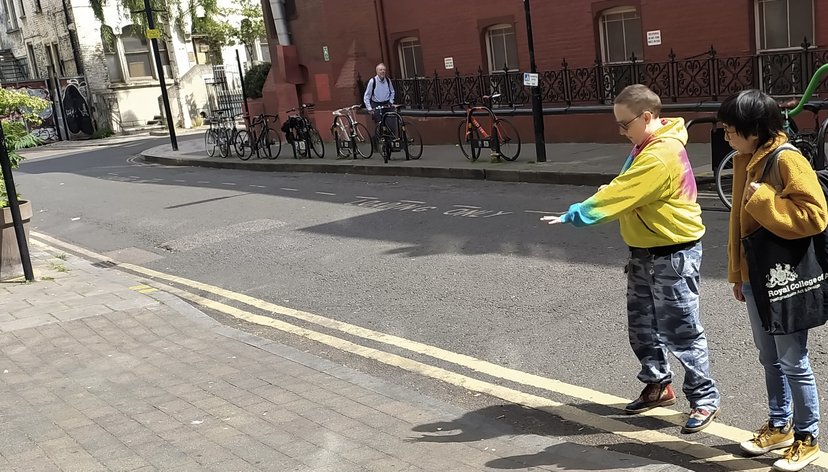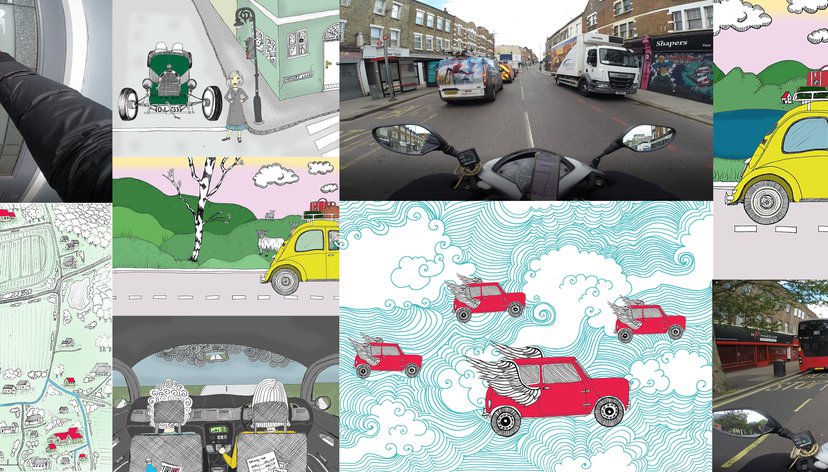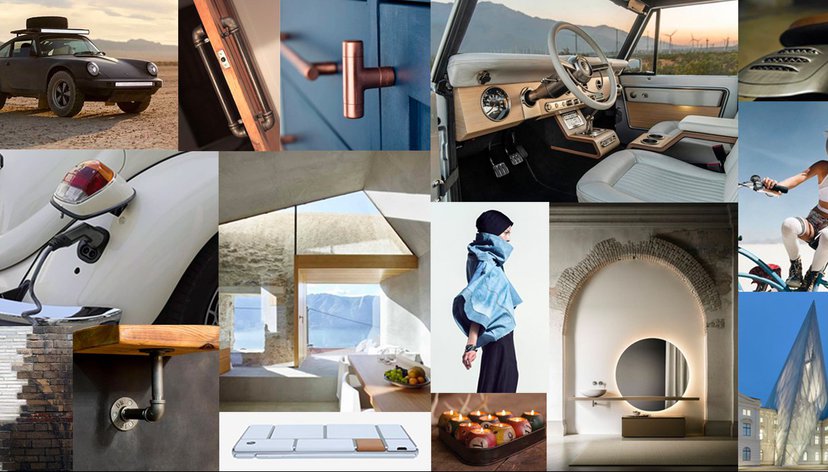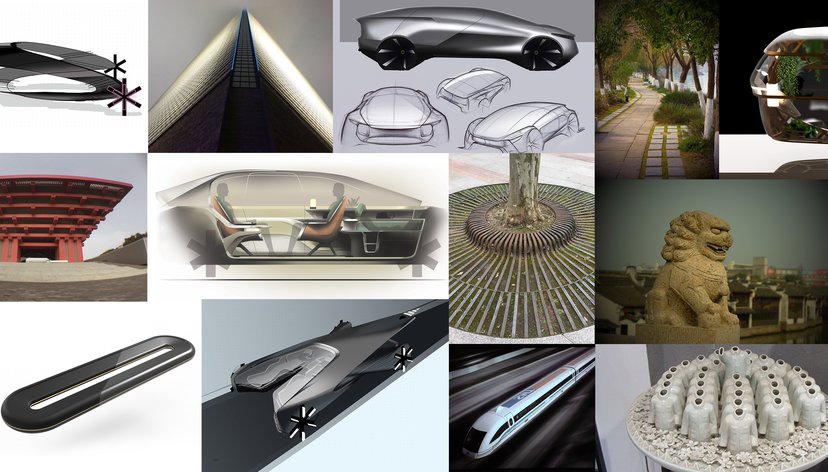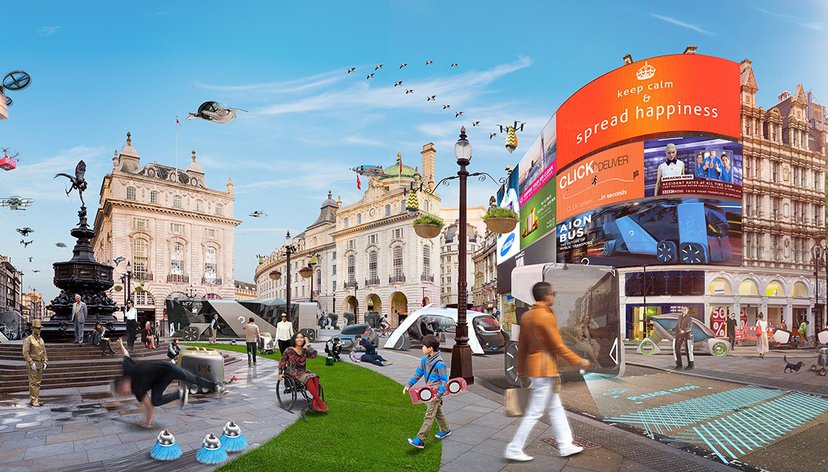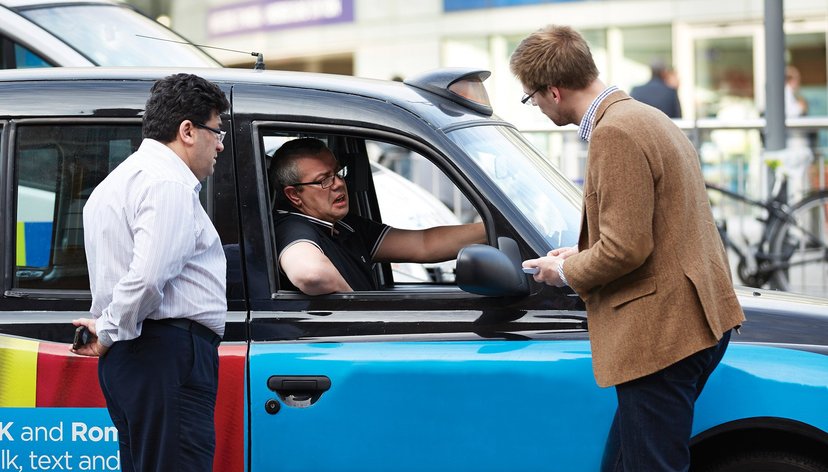
How can we reimagine our transport interchanges around the quality of sharing in public and mobile spaces?
At a glance
- This project focused on research into the history of the transport interchange including its technological, economic, social and cultural roots.
- We delivered a people-centred workshop with a leading transportation architecture practice.
- Through the workshop we Identified the main elements of a future slow interchange model, not just as a piece of sustainable mobility, but as part of sustainable place-making and sustainable communities.
Key details
Gallery
More information
The challenge
One of the earliest forms of transport interchange was the coaching inn. In this archetypal public house, mail was delivered, passengers embarked and disembarked from stage coaches, people (and horses) rested, socialised and were fed. Much of the cultural, economic and social life of the area happened here. Fast forward three hundred years and the equivalent transport interchange is rushed, separated from the civic life of the town and focussed on the efficient throughput of commuters as well as the protection and management of today’s, now horseless, carriages.
This project aimed to provide an opportunity for practitioners to re-examine the underlying value of the interchange and develop design provocations that stimulate thinking around the slow interchange and the quality of sharing in public and mobile spaces.
Our approach
This project reflected on the origins of modern interchanges and asked architects and mobility designers to reimagine the modern interchange from an inclusive and sustainable perspective:
- An opportunity to shape the future of the interchange for the benefit of everyone who lives in our cities
- Reflect on the history of transport interchanges and the forces that generated today's interchange environments
- Create future scenarios including actor mapping, day in the life journeys, barriers and opportunities for development
- Synthesise insights and propose a future interchange model for neighbourhoods and city regions
Outputs
Industry Workshop at Weston Williamson Architects, October 2019
Slow interchange and the quality of sharing in public and mobile spaces, Healthy City Design Conference, October 2019
